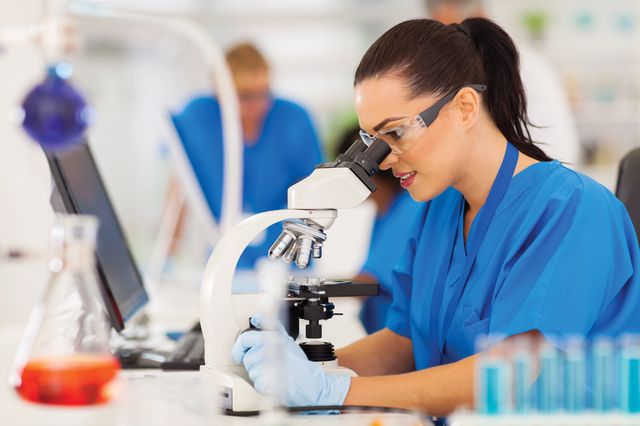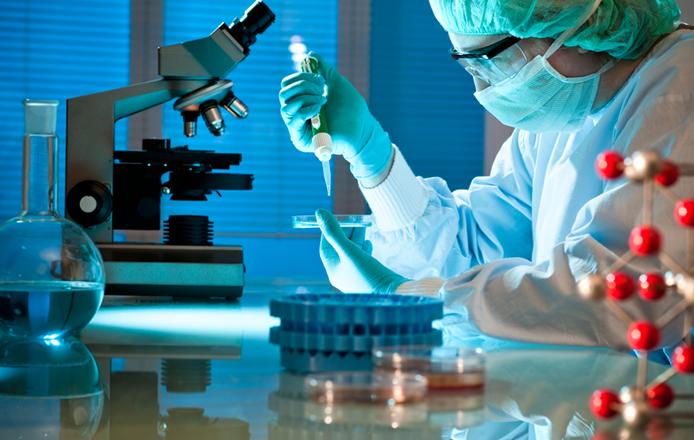Advancing Healthcare: The Vital Role of Laboratory Medical Equipment
In the intricate web of modern healthcare, laboratory medical equipment stands as a cornerstone, facilitating precise diagnosis, treatment, and research endeavors. These sophisticated tools form the backbone of clinical laboratories worldwide, enabling medical professionals to delve into the microscopic realms of human biology and unravel the mysteries of disease. From routine blood tests to complex genetic analyses, laboratory equipment plays an indispensable role in safeguarding public health and advancing medical science.
At the heart of any clinical laboratory lies instrumentation designed to analyze biological specimens with unparalleled accuracy and efficiency. High-performance liquid chromatography (HPLC), gas chromatography-mass spectrometry (GC-MS), and immunoassay analyzers are just a few examples of cutting-edge technology employed to detect and quantify various compounds within bodily fluids. These instruments not only aid in diagnosing diseases but also play a crucial role in monitoring treatment efficacy and disease progression, thereby guiding clinicians in formulating tailored therapeutic interventions.
In addition to diagnostic instrumentation, laboratory medical equipment encompasses a diverse array of tools utilized for sample preparation and handling. Centrifuges, microscopes, and pipettes are among the fundamental instruments that enable laboratory personnel to manipulate biological specimens with precision and consistency. Whether separating blood components for analysis or examining cellular morphology, these devices serve as indispensable aids in the analytical process, ensuring reliable and reproducible results.
The advent of automation and robotics has revolutionized laboratory workflows, significantly enhancing efficiency and throughput while minimizing the potential for human error. Automated analyzers, robotic sample handlers, and integrated laboratory information management systems (LIMS) streamline laboratory operations, allowing for rapid processing of large volumes of samples with minimal hands-on intervention. This automation not only accelerates turnaround times for diagnostic tests but also optimizes resource utilization, enabling laboratories to meet the ever-growing demands of modern healthcare.

In the realm of molecular diagnostics, Olympus Endoscopes plays a pivotal role in unraveling the genetic underpinnings of disease and guiding personalized treatment strategies. Polymerase chain reaction (PCR) machines, next-generation sequencers, and gene expression analyzers enable researchers and clinicians to explore the intricacies of the human genome with unprecedented precision. By deciphering genetic mutations, identifying biomarkers, and characterizing disease pathways, these technologies empower medical professionals to tailor treatments to the unique genetic profiles of individual patients, ushering in a new era of precision medicine.
Beyond clinical diagnostics, laboratory medical equipment also fuels innovation in biomedical research, catalyzing scientific discovery and therapeutic development. Advanced imaging systems, flow cytometers, and mass spectrometers enable researchers to delve into the mechanisms of disease at the molecular level, paving the way for novel therapies and interventions. Moreover, collaborative efforts between academia, industry, and healthcare providers drive continuous innovation in laboratory instrumentation, ensuring that healthcare professionals have access to state-of-the-art tools to address evolving healthcare challenges.
